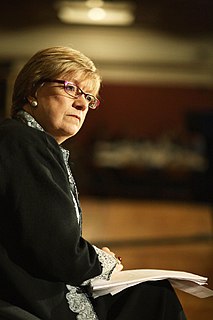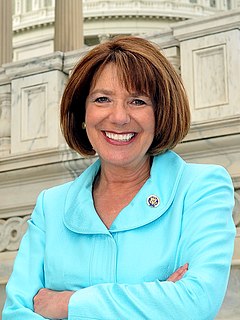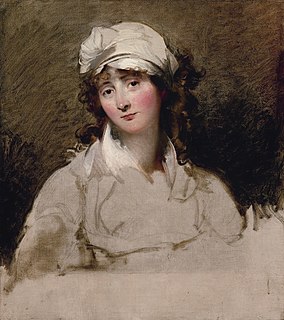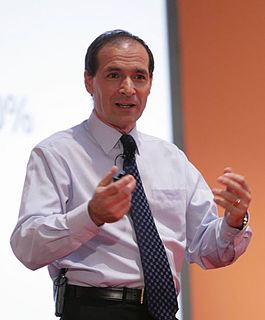A Quote by Polly Toynbee
Inequality makes everyone unhappy, the poor most of all, and that is well within the remit of the state. More money gives less extra happiness the richer we get, yet we are addicted to earning and spending more every year.
Related Quotes
More paper money cannot make a society richer, of course, – it is just more printed-paper. Otherwise, why is it that there are still poor countries and poor people around? But more money makes its monopolistic producer (the central bank) and its earliest recipients (the government and big, government-connected banks and their major clients) richer at the expense of making the money's late and latest receivers poorer.
Your prosperity will grow to the extent that you do. Your feeling of prosperity may require that you overcome the fear of leaving a secure job for a less secure job, with less pay, but a lot more freedom. Fact is, feeling more prosperous doesn't necessarily mean earning more money. Sometimes it means earning less money.
Maybe you think you’ll be entitled to more happiness later by forgoing all of it now, but it doesn’t work that way. Happiness takes as much practice as unhappiness does. It’s by living that you live more. By waiting you wait more. Every waiting day makes your life a little less. Every lonely day makes you a little smaller. Every day you put off your life makes you less capable of living it.
Leverage your time more by spending a little more time every day imagining and a lot less time every day doing. Do a little more imagining and a little more less doing. Until eventually most of what's happening is happening in the cool, calm, anticipatory state. Just imagine yourself into the successes, and watch what happens. Imagine a little more and act a little less.
I argue that in the long run, the US would be on a far more financially secure footing if we recalibrate how we spend about two-to-three percent of the country's GNP, using state and federal taxes to create pools of money for spending on America's poor - which would, as numerous economists have argued in recent years, create virtuous spending circles, since those on lower incomes spend more of each extra dollar in their possession than do those on higher incomes.
He is the richest man who enriches his country most; in whom the people feel richest and proudest; who gives himself with his money; who opens the doors of opportunity widest to those about him; who is ears to the deaf; eyes to the blind, and feet to the lame. Such a man makes every acre of land in his community worth more, and makes richer every man who lives near him.
No matter whether it is their intention or not, almost anything that the rich can legally do tends to help the poor. The spending of the rich gives employment to the poor. But the saving of the rich, and their investment of these savings in the means of production, gives just as much employment, and in addition makes that employment constantly more productive and more highly paid, while it also constantly increases and cheapens the production of necessities and amenities for the masses.
A man of fashion does not like to be reckoned poor, no more than he likes to be reckoned unhappy. We none of us endeavor to be happy, Sir, but merely to be thought so; and for my part, I had rather be in a state of misery, and envied for my supposed happiness, than in a state of happiness, and pitied for my supposed misery.
To walk in money through the night crowd, protected by money, lulled by money, dulled by money, the crowd itself a money, the breath money, no least single object anywhere that is not money. Money, money everywhere and still not enough! And then no money, or a little money, or less money, or more money but money always money. and if you have money, or you don't have money, it is the money that counts, and money makes money, but what makes money make money?
Don't be too much concerned about money, because that is the greatest distraction against happiness. And the irony of ironies is that people think they will be happy when they have money. Money has nothing to do with happiness. If you are happy and you have money, you can use it for happiness. If you are unhappy and you have money, you will use that money for more unhappiness. Because money is simply a neutral force.

































